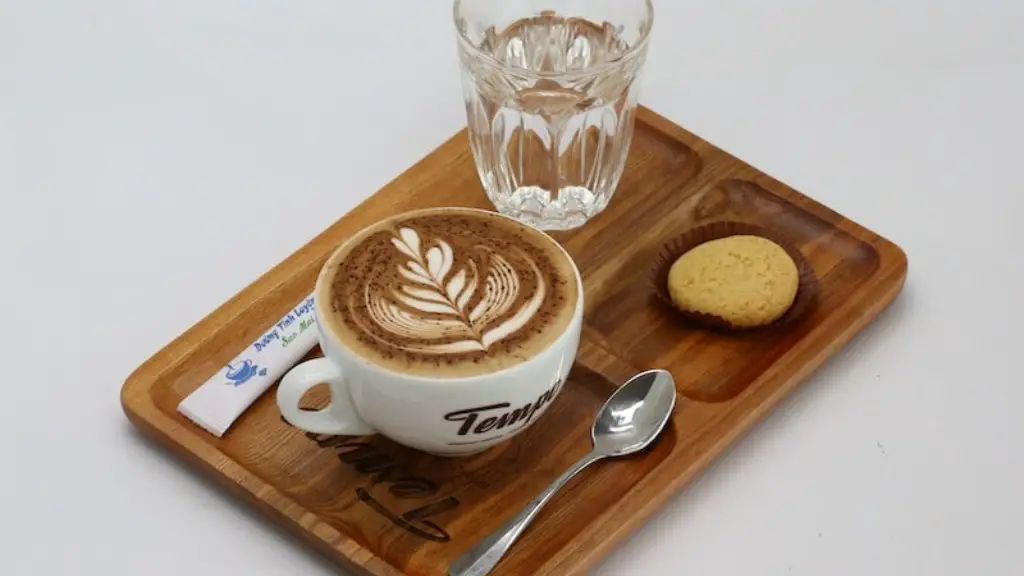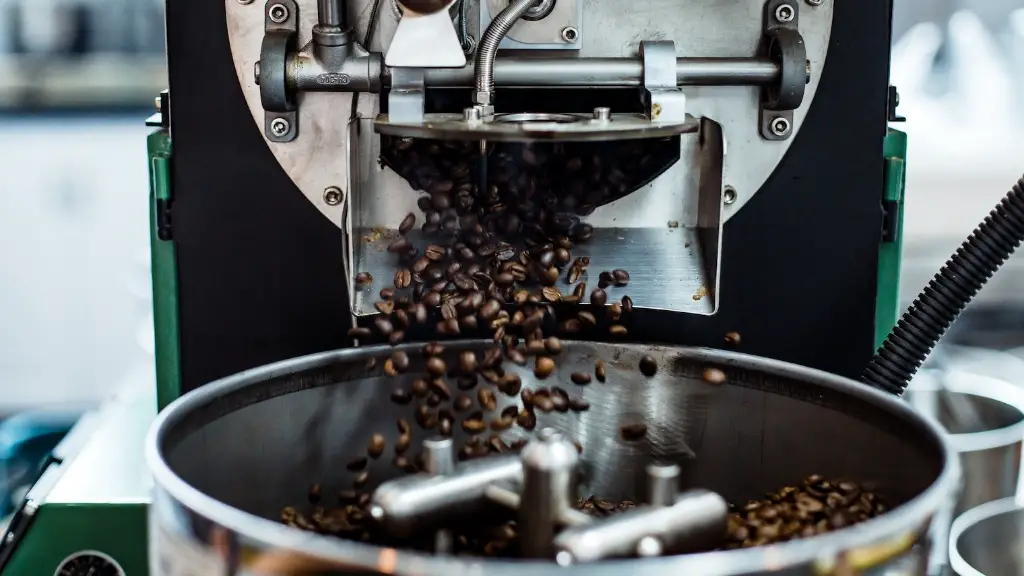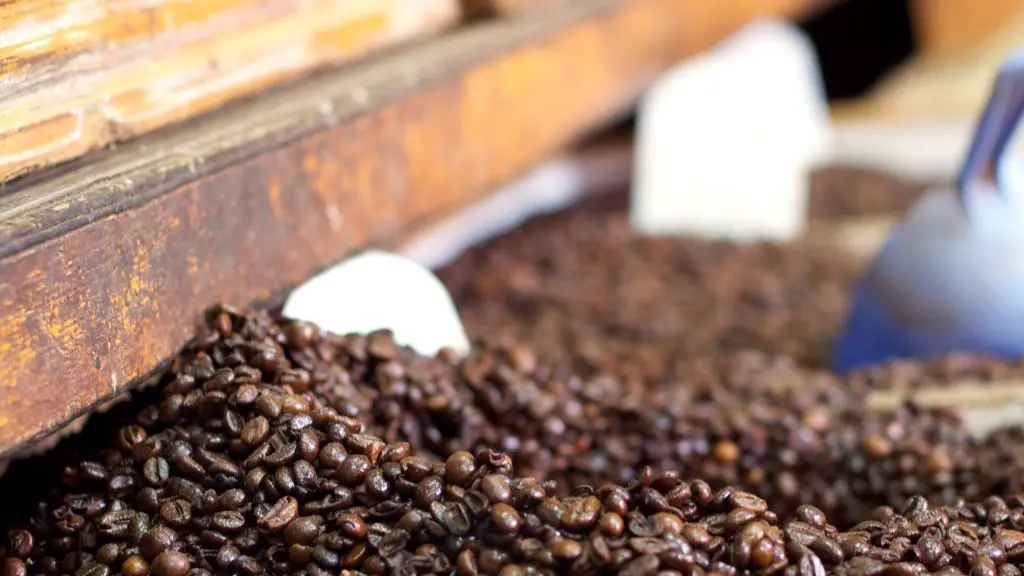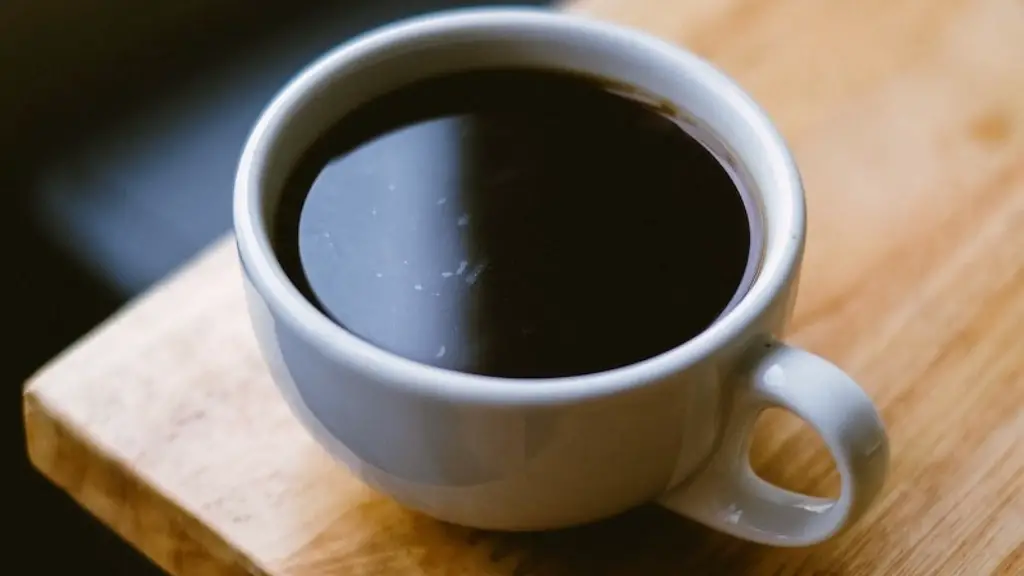Coffee has long been a source of debate. When it comes to whether or not it is okay to drink coffee while fasting, opinions often vary. Some people argue that the caffeine can interfere with the natural balance of the body while others say that, when consumed in moderation, it is no big deal.
The effects of caffeine on fasting are complex and can vary, depending on the individual and on the type of fasting they are doing. For example, some people believe that black coffee can actually help promote weight loss during a fast, while others say that it can lead to a decrease in energy. It can also disrupt the natural hormones in the body.
Fasting is a powerful tool that can be used to improve overall health, including weight loss, and can help the body detoxify and provide rest from unhealthy habits.
On the other hand, there is evidence to suggest that coffee can have positive effects on fasting such as increasing alertness and energy levels. Additionally, for those who are particularly sensitive to caffeine, there are decaffeinated options available.
Regardless of all the pros and cons for consuming coffee while fating, there is definitely a lack of scientific evidence to support either side. Therefore, it’s important to make an educated decision that suits the individual.
Ultimately, it is up to everyone to do what feels right for them. The best way to find out if drinking coffee while fasting is okay for you is to experiment and monitor how you feel and how your body responds to the beverage.It is also important to keep in mind that everyone’s body is different and can react differently to fasting and different types of foods.
Fast Metabolism
Consumption of coffee while fasting has been thought to affect metabolism. Caffeine has been found to increase metabolic rate, meaning that the body may burn more energy and fat at a faster rate. This could potentially have a positive effect on those who are fasting for fat loss.
However, research shows that this effect may not be universal. While some people may experience positive results from the increase in metabolic rate, others may experience a decrease in energy due to the increased rate of metabolic activity. Therefore, it is important to monitor and adjust your diet accordingly.
Additionally, there have been studies that have found that caffeine can also decrease appetite. This could be beneficial for those who are fasting for weight loss in order to reduce calorie intake.
However, it is important to note that these effects are not universal and may vary from person to person. Therefore, it is important to experiment with different diets and caloric intakes while monitoring the body’s response.
Impact on Digestion
Another aspect to consider when assessing the impact of coffee on fasting is digestion. Caffeine has been found to slow down digestion, making it difficult for the body to absorb nutrients from food. This could lead to problems such as constipation, nausea and abdominal pain for those who drink coffee while fasting.
Research suggests that consuming coffee while fasting may also reduce the efficiency of autophagy, a process by which the body eliminates old and damaged cells. In order to keep the body healthy and reduce inflammation, it is important to maintain a healthy balance of autophagy.
It is also worth noting that everyone’s body behaves differently. One individual may not experience any ill effects from consuming coffee while fasting, while someone else may experience the opposite. Similarly, the amount of coffee consumed can also affect the individual.
Sugar Content of Coffee
Furthermore, it is important to be mindful of the sugar content in your coffee. Caffeinated beverages are often loaded with sugar, which could interfere with your fast. Drinking coffee that is sweetened with artificial sweeteners is also not recommended, as these contain chemicals and have been linked to health issues.
Unsweetened black coffee is probably the best option for those who are looking to drink coffee while fasting. Still, it is important to be aware of the fact that caffeine may interfere with the fasting process, and consuming large amounts of it should be avoided.
Caffeine Sensitivity
For those who are sensitive to caffeine, decaffeinated coffee may be a better option. Decaffeinated coffee still contains trace amounts of caffeine, which can still disrupt the body’s natural hormones, but the level is much lower than in regular coffee.
Additionally, those who are sensitive to caffeine should avoid consuming coffee late in the day or before bedtime, as this may interfere with sleep. Finally, it is important to monitor your body’s response to coffee, as some individuals may find that coffee exacerbates symptoms such as anxiety, headaches, or nausea.
Coffee Alternatives
Some people may choose to substitute coffee for tea, which has been found to have many beneficial health effects. Green tea, in particular, is high in antioxidants and has been associated with improved overall health and increased energy levels.
Other alternatives to coffee for those who are fasting include bone broth, herbal teas, and lemon water. Bone broth has been found to have many health benefits, including aiding digestion, boosting the immune system, and even helping the body burn fat.
Herbal teas are caffeine-free and can be beneficial when fasting, as they are an excellent source of antioxidants. Additionally, they can help replenish electrolytes and fluids while providing flavor and variety during a fast.
Finally, lemon water can be a helpful way to increase alertness and energy while helping to flush toxins from the body. It is also a good source of Vitamin C and electrolytes, both of which can help maximize the benefits of fasting.
Beverage Choices for Fasting
When it comes to making beverage choices for fasting, it is important to consider the individual’s dietary goals, health conditions, and caffeine sensitivity. Some people may be able to drink coffee without any negative effects, while for others it could be detrimental to their health.
For those who are looking to stick to a healthy diet, it may be best to stick to decaffeinated coffee, unsweetened black coffee, or caffeine-free alternatives such as herbal teas and lemon water. They are all low in calories and sugar, and can provide beneficial nutrients while still allowing individuals to enjoy a hot beverage during their fast.
Finally, it is important to experiment and listen to your body. Regular monitoring and tweaking of the diet can help ensure that you are getting the most out of your fasting experience.





